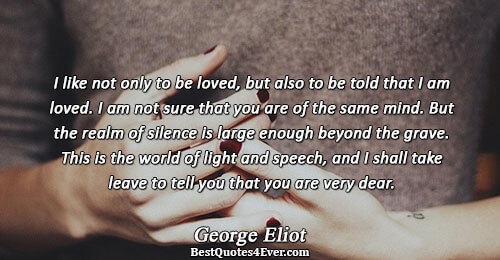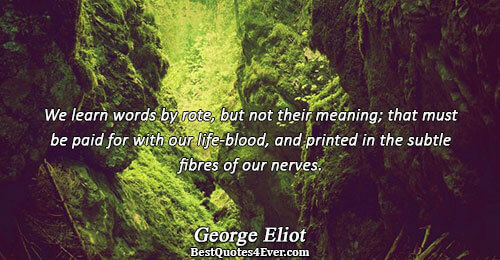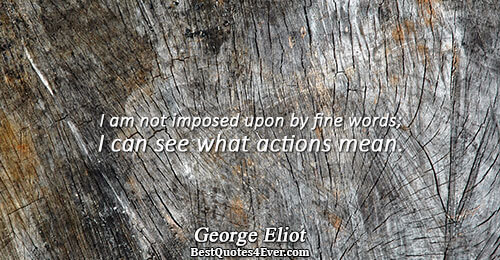Biography
Type: Novelist
Born: 22 November 1819
Died: 22 December 1880
George Eliot was born on 22 November 1819 in rural Warwickshire. When her mother died in 1836, Eliot left school to help run her father's household. In 1841, she moved with her father to Coventry and lived with him until his death in 1849. Eliot then travelled in Europe, eventually settling in London.
In 1850, Eliot began contributing to the 'Westminster Review', a leading journal for philosophical radicals, and later became its editor. She was now at the centre of a literary circle through which she met George Henry Lewes, with whom she lived until his death in 1878. Lewes was married and their relationship caused a scandal. Eliot was shunned by friends and family.
Lewes encouraged Eliot to write. In 1856, she began 'Scenes of Clerical Life', stories about the people of her native Warwickshire, which were published in 'Blackwood's Magazine'. Her first novel, 'Adam Bede', followed in 1859 and was a great success. She used a male pen name to ensure her works were taken seriously in an era when female authors were usually associated with romantic novels.
Her other novels include 'The Mill on the Floss' (1860), 'Silas Marner' (1861), 'Romola' (1863), 'Middlemarch' (1872) and 'Daniel Deronda' (1876). The popularity of Eliot's novels brought social acceptance, and Lewes and Eliot's home became a meeting place for writers and intellectuals. After Lewes' death Eliot married a friend, John Cross, who was 20 years her junior. She died on 22 December 1880 and was buried in Highgate Cemetery in north London.
Selected works:
Novels:
- Adam Bede, 1859
- The Mill on the Floss, 1860
- Silas Marner, 1861
- Romola, 1863
- Felix Holt, the Radical, 1866
- Middlemarch, 1871–72
- Daniel Deronda, 1876
- Agatha, 1869
- Brother and Sister, 1869
- Armgart, 1871
- Stradivarius, 1873
- The Legend of Jubal, 1874
- I Grant You Ample Leave, 1874
- Arion, 1874
- A Minor Prophet, 1874
- A College Breakfast Party, 1879
- The Death of Moses, 1879
- From a London Drawing Room
- Count That Day Lost







